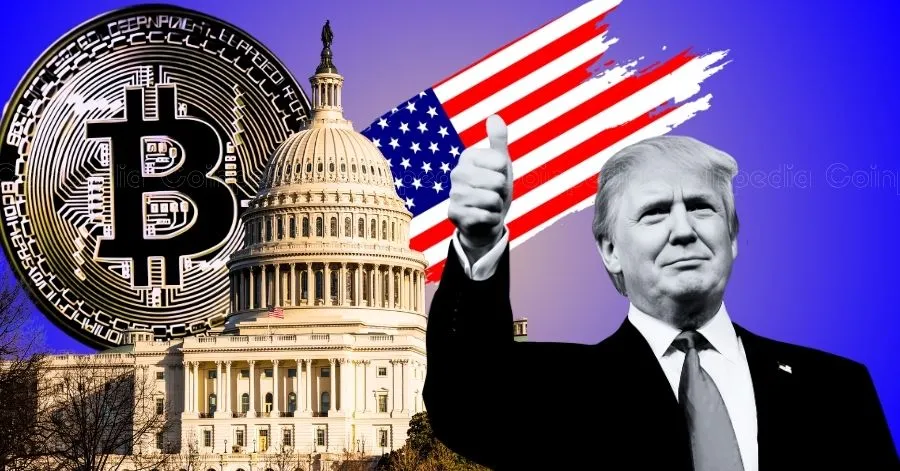
The landscape of American finance could be on the brink of transformation, as federal bank regulators face potential elimination. President-elect Donald Trump’s administration is considering dismantling agencies like the Federal Deposit Insurance Corporation (FDIC), igniting a heated discussion on the future of the nation’s financial stability. Is Trump’s proposal to abolish the FDIC a step towards groundbreaking innovation, or does it risk undermining economic stability?
Understanding the Role of the FDIC
The Federal Deposit Insurance Corporation (FDIC) plays a critical role in maintaining the stability and security of the banking sector. Established in the aftermath of the Great Depression, the FDIC ensures that individuals’ deposits are protected, even if a bank collapses. This assurance is pivotal in maintaining public trust in the banking system, as it guarantees that personal savings remain secure.
Trump’s proposal to roll back such oversight is undeniably audacious. During his initial term, he advocated for reducing bureaucratic constraints, arguing that excessive regulations stifle economic growth. His plan to potentially eliminate the FDIC underscores his dedication to fostering blockchain technology in the United States. The Trump administration believes that minimizing regulation could spur innovation, particularly in emerging sectors like cryptocurrency. However, the FDIC’s recent stance has shown hesitancy towards cryptocurrencies, raising questions about the future regulatory landscape.
Cryptocurrency: A Visionary Dream or a Financial Nightmare?
Trump envisions the United States as a leader in the cryptocurrency revolution, emphasizing the significance of Bitcoin and blockchain technologies. By reducing federal oversight, he aims to pave the way for crypto startups and investors, positioning the U.S. as a global hub for decentralized finance, competing with economic giants like China.
Despite this vision, there are concerns. Critics argue that dismantling regulatory authorities could leave banks vulnerable, eroding public confidence and putting personal savings at risk. While proponents of cryptocurrency highlight its decentralized nature as a potential safeguard, doubts persist over whether it offers sufficient protection.
The Stakes: Balancing Innovation and Security
The potential elimination of the FDIC raises significant concerns for traditional banking institutions. The absence of FDIC protections could lead to a decline in consumer confidence, posing a threat to economic stability. Consumers might face increased risks of fraud or financial loss without the safety net provided by the FDIC.
Conversely, advocates of cryptocurrency see this as a golden opportunity to promote Bitcoin adoption and blockchain development. This shift could attract global investors to the U.S., aligning seamlessly with Trump’s vision to rejuvenate the American economy.
Nonetheless, this transformation is not without hurdles. Any substantial regulatory changes would require Congressional approval, and bipartisan opposition is likely. Financial experts caution against repeating past mistakes, drawing parallels to the 2008 financial crisis, where deregulation played a significant role. Could history be on the verge of repeating itself?
Anticipating the Future: Innovation or Instability?
Trump’s ambitious deregulation plan seeks to cut bureaucratic red tape, betting on cryptocurrency as the future of finance. However, the risks are undeniable. Will the United States emerge as the global capital of cryptocurrency, or is the nation on the brink of financial turmoil? The forthcoming months will be crucial in determining whether this vision leads to groundbreaking innovation or unprecedented instability. Only time will reveal whether Trump’s plan to eliminate the FDIC will succeed or falter.






